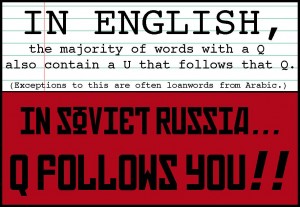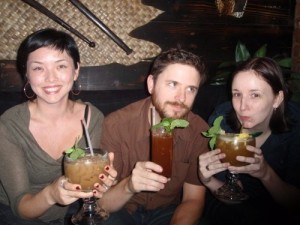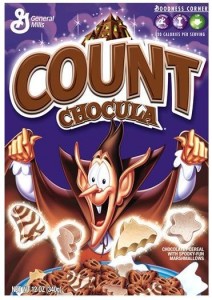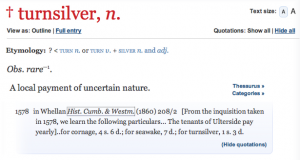This is about the last editing my dad ever did for me, in January 2009, in an insignificant email to my boss, telling him I wouldn’t be returning to Portland for another couple of days. I’d flown home for an emergency, which led to a surgery, which led to my dad coming home from the hospital and learning to walk around with an oxygen tank.
It wasn’t important what I wrote in the email, but I just couldn’t phrase it right. I asked my boyfriend at the time, my brothers, my mom. They said “Just write something, it doesn’t matter.” But I wanted to write the right thing, so I went to my dad, laying in his bed, and I asked him what to write. And he told me. And I wrote it.
No one cared what I wrote, and it didn’t change the world, but for a moment we got to be the old editing team that we’d been my whole life, the team that got broken up by an undeserved disease and hospital visits and medicine that fogged him up and forced our dynamic to deteriorate from equals to a caretaker and a patient who were both miserable from the change.
Why did I go to grad school for linguistics, knowing that I hadn’t written anything since he died, knowing that I would have to write all year, ending with a 15000 word dissertation? I guess I thought it was time to stand up, even if some parts were still broken. This year has been so hard. I haven’t produced any great academic works, and now, the night before my dissertation is due, I’m aching for my reliable editor to help polish my abstract and bring the message home.

“Here… write this.” There was a pause, and he squinted and stared out at nothing, and maybe bit the side of his moustache with his bottom lip, or maybe he suddenly stretched his arms out and back to intertwine his fingers behind his head. I can’t remember that day exactly, but he did those things a lot when were brainstorming. Then he told me what to write. “This has been a week of transitions.”
September 13, 2012
in Autobiographical,career,Words & Origins







